How can we improve job search and employer evaluation, hiring and promotion practices to better serve working learners?
Working learners can be disadvantaged in employer recruitment, evaluation and promotion protocols that presume the necessity of specific certifications at particular moments in the life course. The task of this workstream is to consider how scholarship on employer practices might be expanded to account for the changing experiences and needs of those seeking learning and work opportunities in new ways and over longer spans of their lives.
Convener
Sean Gallagher
resources
Hiring Working Learners
Northwestern University sociologist Lauren Rivera offers a concise brief on the importance of attending to the the assumptions, beliefs and behaviors of employers as they consider working learners at the point of hire.
contributors
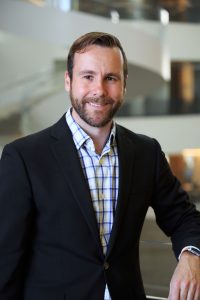
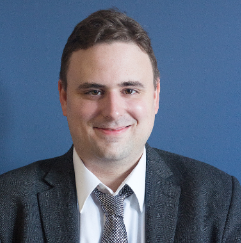
Kyle Albert
Assistant Research Professor, George Washington University
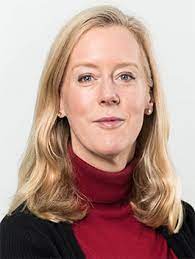
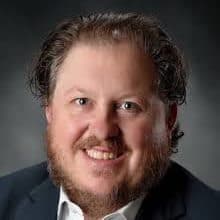
James Bartlett
Associate Professor/Director, NC State University
I am interested in the intersection between career and technical education, community colleges, and work. My Phd is in Human Resourced Education and Workforce Development and I have an interest in the connection between working learners and the talent development pipeline for to create clearer pathways to work for learners and better pathways for organization to get employees.
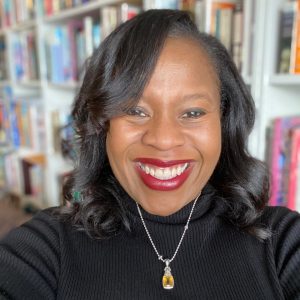
Pamay Bassey
Chief Learning and Diversity Officer, The Kraft Heinz Company
I have worked in all levels of education - from creating professional development for teachers, to creating learning communities for students of all ages, to being a university professor to serving as Chief Learning Officer for one of the largest food companies in the world. I truly believe learning is a transformational superpower, and every question being posed by this initiative intrigues me. I would also like to invite a colleague, my Chief People Officer, Melissa Werneck, as currently our concern is innovating in the way we deliver learning opportunities to employees at Kraft Heinz, including creative ways to create a pipeline of talent -and to develop that talent once they arrive at our company.
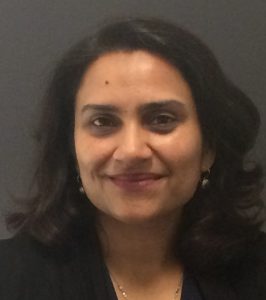
Charu Bhatia
HR Director, Stanford University
I am interested in advancing the science of learning amongst adults while recognizing their diverse background. I am also keen to improve job search and employer evaluation, hiring and promotion practices to better and more equitably serve working learners.
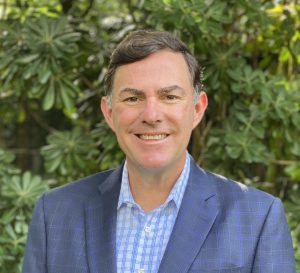
Eric Bing
Chancellor, The College of Health Care Professions
The College of Health Care Professions is the largest provider of allied health graduates to the state of Texas. We are heavily focused and a leader on providing adult learners with complicated lives a higher ed environment that works around their lives. This includes two day a week flexible - but structured programs, flipped classrooms, fully stackable programs from cert. to bachelors, technology use, embedded career readiness through out the programs and wrap around services inside and outside the classroom. Our 5,500 + student body is 85% of color. 39% are first-gen college, 36% have some college experience, 70% are 22 or older and 48% are parents. Last year we graduated 3,300+ students and had a placement rate of 85%. We have 1500+ employer partners and almost all our students have externships as part of their programs. The questions for this convening are the questions we work to solve on a daily basis. Thank you for the invitation.
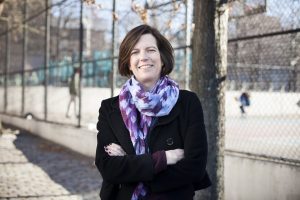
Stacy Caldwell
Chief Product Officer, Penn Foster
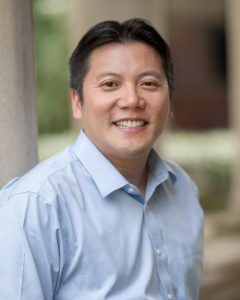
Victor Tan Chen
Associate Professor of Sociology, Virginia Commonwealth University
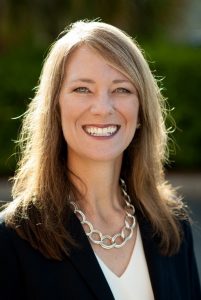
Holly Custard
Deputy Director, Institute Partnerships & Outreach, Strada Education Network
I believe the only way to build an equitable system that works for all people - to seamlessly navigate between leaning and work - will come through diverse stakeholders doing things differently together. We must listen to people to understand motivations and hopes, and barriers and challenges and use these insights to build and test solutions - in partnership. I work to connect our research to making this change a reality and welcome the opportunity to contribute to this group to share our research insights, and to connect our vast networks to realize the change we wish to see. Thank you for the opportunity. Best, Holly Custard
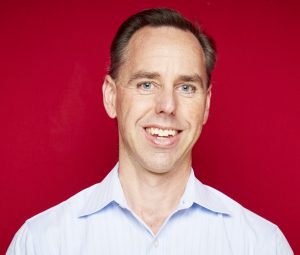
Michael Fox
CIO, Stanford University LBRE
The broad topic of improving employment outcomes interests me for the opportunities that exist for both employees and employers. A rich talent pipeline provides opportunities for ambitious individuals to grow while supporting emerging business needs. I have personally been eager to tap the talent and ambition of underrepresented populations through partnerships with community organizations such as YearUp, Cristo Rey, and Goodwill.
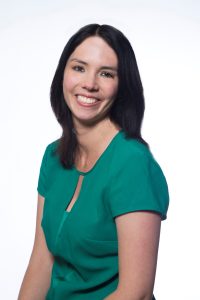
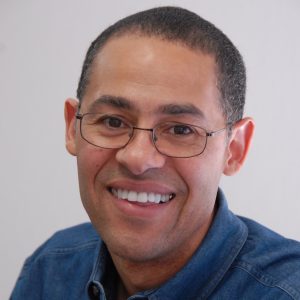
Luther Jackson
Program Manager, NOVAworks
Many of the low-wage workers we meet cannot afford to take time off from work to pursue additional education and training. We must create opportunities for these workers to earn and learn. NOVAworks is engaged in workforce pandemic recovery initiatives in San Mateo County and the City of Milpitas and we are partnering in a research project led by the Brookings Institution to design and implement a holistic "success formula" for low-wage hospitality workers seeking greater career mobility and access to regional innovation economies.
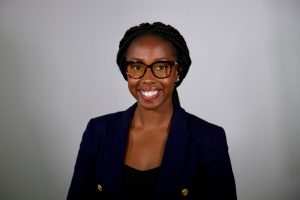
Adrienne Jones
PhD Candidate, Duke University
I am a rising 4th year PhD candidate in Public Policy and Sociology at Duke University. One paper of my dissertation will be a qualitative project that examines how Black community college students select their educational credentials in preparation for joining or returning to the workforce. In particular, I am interested in how non-academic obligations (work included) structure their decision-making. By participating in this convening, I hope to better understand the challenges that working learners face and to connect with a broader audience of scholars and policy innovators whose work centers working learners.
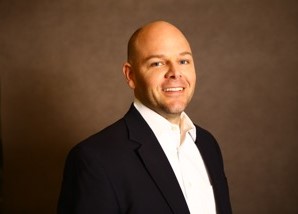
Chris Keaveney
CEO, Meritize Financial
There is a significant issue in this country with a mismatch between in-demand skills and talent creation within these skills areas. We formed Meritize to help address the issues of awareness of, access to and advancement within the skills-based areas that have demand for talent/individuals so efforts to make pathways to good jobs for non-traditional learners is what we are all about.
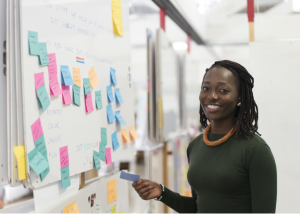
Abisola Kusimo
PhD Candidate, Stanford University
Super excited to join, and focus on workstream #2 with Sean Gallagher on job search and employer evaluation for working learners. I will contribute my enthusiasm and awareness of emerging scholarship in this particular area!
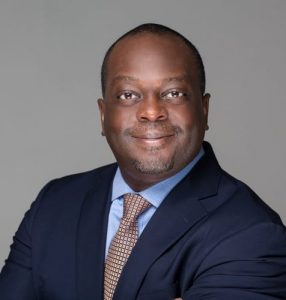
Kenyatta Lovett
Managing Director, Educate Texas
The current systems for education, training, and job placement are insufficient to satisfy the dynamic demands within the labor market. Equally as challenging, the longstanding proxy of the college degree representing requisite skills and competencies has been challenged by new forms of labor marketplace currency that, at times, offer more efficient and effective strategies for supplying talent. Finally, the adult learner is often unaware, and in some cases lacks the agency, to articulate and demonstrate transferable skills and competencies to advance in his/her career. This convening has the potential to bring about a paradigmatic advancement in higher education, with respect to the ontological, epistemological and methodological constructs that guide research and practice. Many of the elements for change are currently in the marketplace, but there has been a lack of agreement on what elements offer a new theory that can change the trajectory of economic mobility in America.
Kathy Mirzaei
Associate Director, Data and Analytics, Stanford Learning Technologies & Spaces
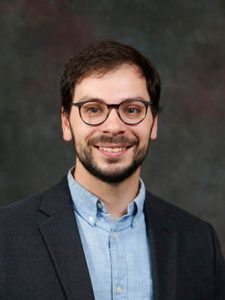
Corey Moss-Pech
National Science Foundation Social, Behavioral, and Economic Sciences Postdoctoral Research Fellow, University of Michigan
I am most interested to meet other scholars working on the intersection of education and labor markets, and hearing how their perspectives differ from mine. I can best contribute based on my work in two areas. First, I have expertise in how fields of study differentially prepare students for the labor market. Second, I have written about how adult learners might "downgrade" their education in response to labor market uncertainty. This latter contribution brings a unique perspective by uncovering how adult learners may be trying to soften downward mobility or tread water economically rather than use education for upward social mobility.
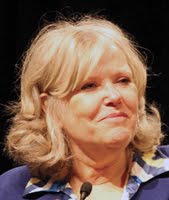
Jane Oates
President, WorkingNation
Adult learning is underappreciated and misunderstood. Life long learning is mandatory for the 21st Century and if we don't devote time to the understanding of 1) what it means; 2) how to define and identify quality, and 3) don't create a more seamless system to allow learners to stack learning and credentials, we will not get the full, inclusive benefits that we all agree that we need. TItle IV oversight and IPEDS data do NOT meet the needs of an all-inclusive system of educational opportunities for adult learners so we need to create systems that educate and inform, that regulate when necessary and push providers to full transparency so learners have the information to make informed choices.
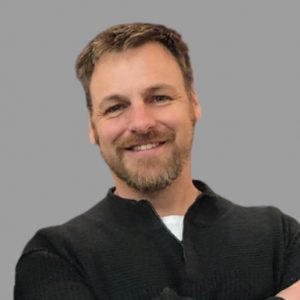
Forest Peterson
Researcher, Palo Alto Data Group
The role of the workforce development in the continuing advancement of stacked credentials is something that has become a key focus in both my research and professional role in educating working learners.

Lauren Rivera
Professor of Management and Organizations, Northwestern University

Geoffrey Roche
Senior Vice President, Workforce Development, Dignity Health Global Education
This convening greatly excites me as it represents a vital intersection of my professional career which has included leadership in both hospital administration, higher education, and workforce development. Through these experiences, I have experienced firsthand the needs to support educational needs of a health system and then also for the last three years, I have also been on the other end of working to provide educational opportunities to support those business and industry needs. Additionally, I have the experience of when I earned my Master's as an adult student and only achieved that accomplishment as a result of incredible mentorship and support from caring faculty, family, and colleagues. I believe that I will be to contribute both personal and professional knowledge and experience and absolutely look forward to learning more with such an amazing cadre of leaders and professionals that will be engaged in this convening.
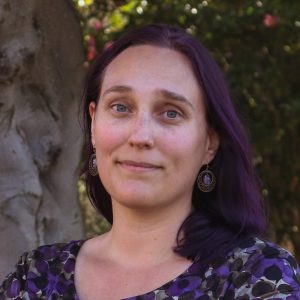
Catherine Sanchez
Graduate student, Stanford University
I am currently doing a research project looking at adult outcomes for students who utilize community college as part of their higher education pathway. I am interested in non-traditional students, many of whom work. I also personally spent 7 years in community college while working full time and/or two jobs.
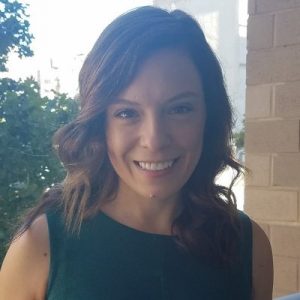

Jessi Streib
Assistant Professor of Sociology, Duke University
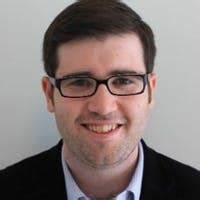
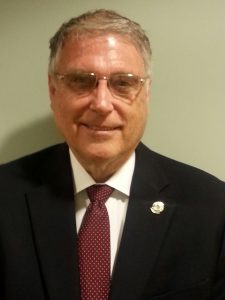
Roy Swift
Executive Director, Workcred
Increasing the science of adult learning and how Alan Tough's idea of "Learning Projects" could be used to document self-directed learning. How to create systems to connect academic learning, work based learning, industry certifications and informal learning projects. Using these types of systems to connect pathways. Building credential pathways Teaching adults how to analyze their "experiences" and turn them into skill statement to more clearly signal employers
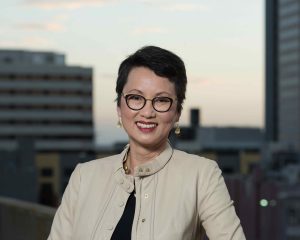
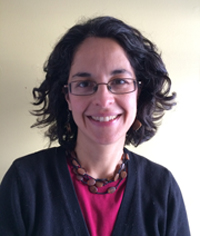
Michelle Van Noy
Associate Director, Education and Employment Research Center, Rutgers University
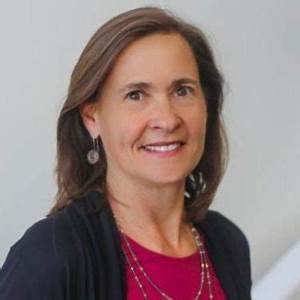
Patty White
Cofournder and COO, ReBoot Accel
I'm a believer in life-long learning as an important component of healthy aging.

John Skrentny
Professor, UC San Diego